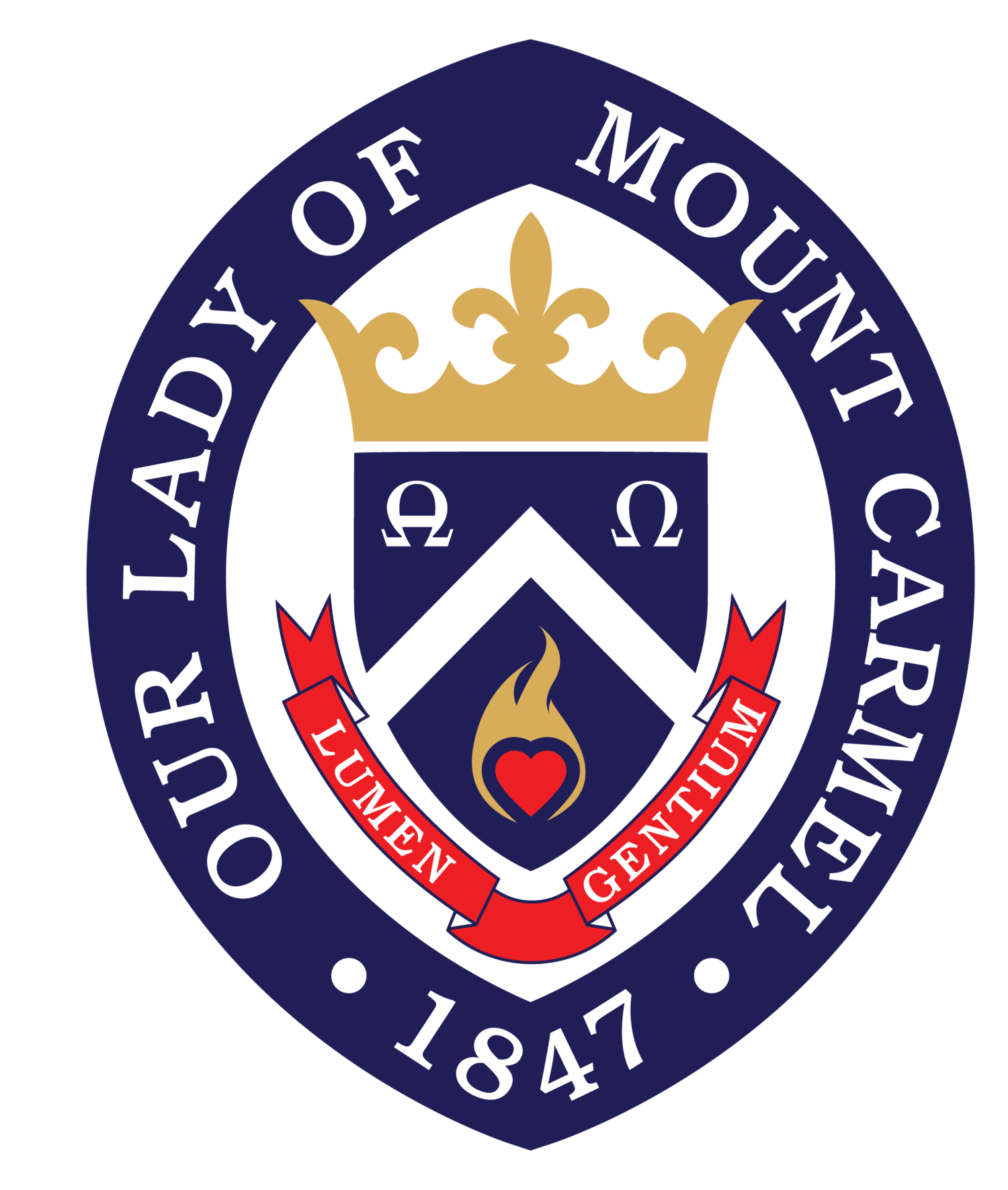Dear Saints,
In the movie Rudy, the main character is nearly out of options for achieving his lifelong dream of becoming a Notre Dame student and football player. Desperate for any help he can get, he asks his friend and mentor Father Cavanaugh: “If I’ve done everything I possibly can, can you help me?” To which the genial priest answers: “Son, in thirty-five years of religious study, I’ve come up with only two hard, incontrovertible facts; there is a God, and I’m not him.”
At first glance that might seem like superficial theology, but there’s something poignant and right in its simplicity: we are not God. It’s one of the most widely-forgotten realities in every human heart; we all like to take far more credit for God’s good work than is our due, often not realizing that if we were truly at the helm, we’d all be shipwrecked by now. Fortunately, we all bear thorns in our sides that should serve to humble and remind us who we are (and are not). Properly approached, our weakness makes room for God to do his wonders, because it gets us out of his way.
This takes a lot of practice, because it’s at odds with our vain tendencies. We revere strength and tend to recoil from weakness. And yet, we have the example of God himself as our guide. St. John Vianney once said that “God would have given us something greater if he had something greater than himself.” It’s an awesome reality, made even more amazing when we think about how he gave himself: not in an overwhelming fanfare of domination, but in a pathetic show of vulnerability.
Paradoxically, it is when we too can become weak and vulnerable - when we accept and embrace our utter reliance on God for everything - that we will become most like him. And, even more paradoxically still, that is exactly when we will become conduits of his restorative power.
Christ’s Peace,
Father Daniel
δοῦλος Χριστοῦ Ἰησοῦ

